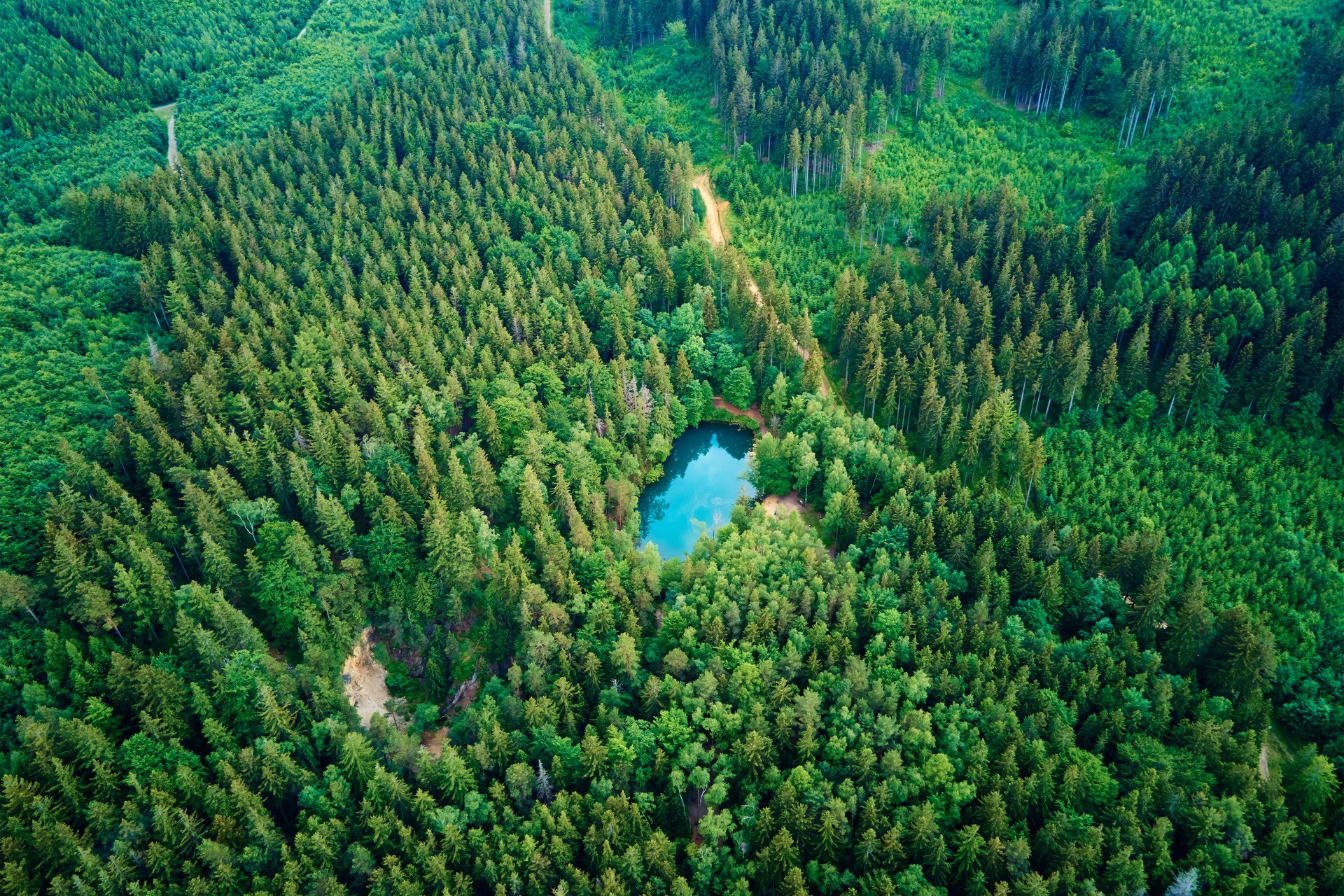
Product Carbon Footprint
By assessing greenhouse gas emissions over the life cycle of
our products, we enable our customers to make the right
choices on their path to climate neutrality. The knowledge
gained also supports our own climate protection and energy efficiency goals.
The international community recognizes that climate change is one of the greatest challenges facing our society today and is committed to limiting global warming. LANXESS supports this goal with its “Climate Neutral 2040” and “Net Zero Value Chain” initiative. The renowned Science Based Targets initiative (SBTi) has approved that our targets are consistent with limiting global warming to 1.5 °C.
Like LANXESS, many of our customers are committed to reducing or neutralizing emissions, including emissions in their value chain. To help our customers make informed decisions on their journey to climate neutrality, we provide product carbon footprint (PCF) calculations of our products. Our methodology systematically quantifies the GHG emissions and removals for the production of our products, including the production of our raw materials, the generation of our used energies and the transport. Within LANXESS, we are following the “Cradle-to-Gate” approach. Our calculations are aligned with the ISO 14067 Norm and based on the IPCC AR6 Report.
Life Cycle Assessment
We evaluate the impacts of our products holistically along the entire value chain. To do this, we use various methods and tools that we are continuously developing further. Life Cycle Assessment (LCA) according to ISO 14040/44 is a robust and widely accepted scientific method for identifying life cycle stages with significant environmental impacts of our products and processes. During the LCA, we systematically analyze all input and output streams over the entire lifespan of our products, while taking the relevant life-cycle-stages (e.g. raw material extraction, production, waste treatment) of our products into account. With the results, we provide strategic decision-making bases for sustainable action.
The LCA involves the whole product life cycle and makes the ecological strengths and weaknesses of products, processes and our businesses as a whole transparent. With this, it helps us identify strengths and weaknesses for our business. It also allows us to identify additional opportunities and potential risks along our sourcing and production chains, enabling us to make better decisions about how to improve the sustainability of our products. Accordingly, LCAs make a significant contribution to making progress in achieving our ambitious sustainability goals.


